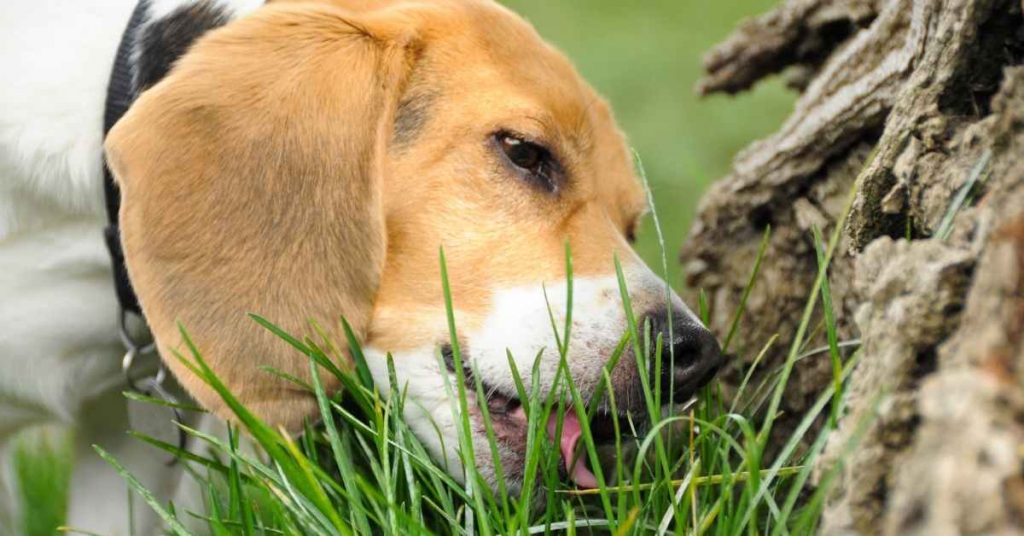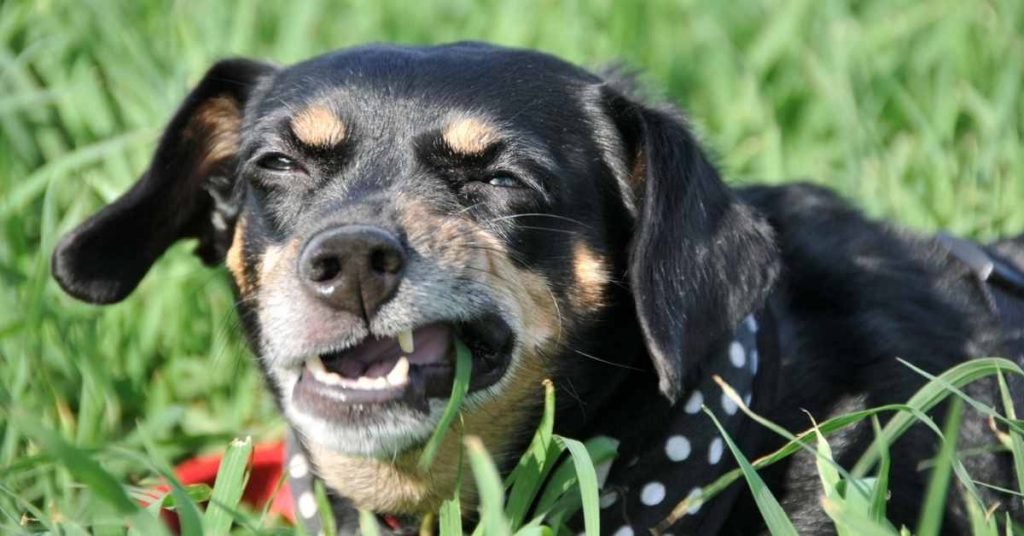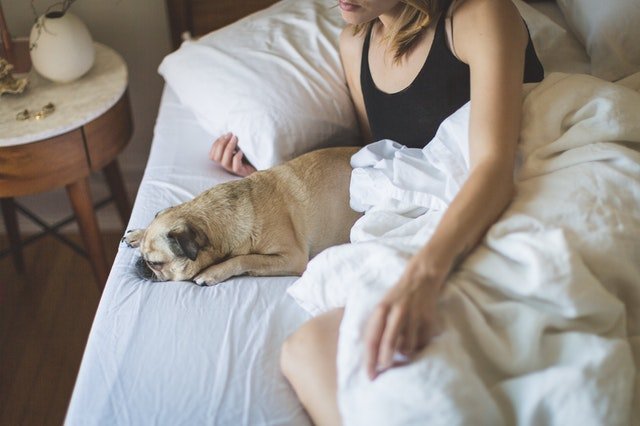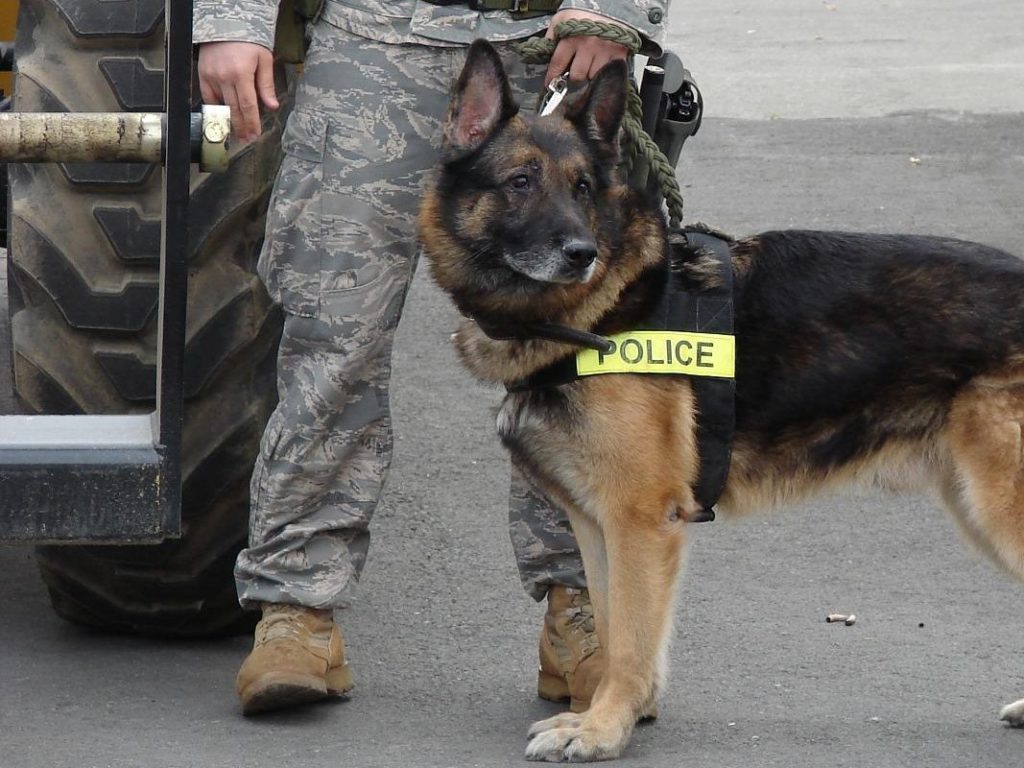Why Do Dogs Eat Grass?

No matter how much research you conduct about animals at times, they may behave in ways that will leave you stranded as a pet owner.
Their behavior may seem out of the ordinary, and thus it may make you wonder why they are doing it and if it is cause for concern.
Additionally, researchers are often confused about certain behaviors as well, and they do not always give us the answers we seek concerning our pets.
Misinformation is also a leading factor in confusion. Is a dog a carnivore, a herbivore, or an omnivore? This question can help us overcome the confusion we have regarding why our pets eat grass, although sometimes they immediately spit it.
Additionally, does grass have any nutritional value to dogs, and should you allow your dog to keep eating grass?
Why Dogs Eat Grass

Before answering the first question, it is vital first to understand why dogs eat grass,
1. Instinct
Before men domesticated dogs, they were hunters who filled their stomachs with anything they could scavenge. Dogs love meat, but they cannot be classified as pure carnivores because they also consume plants.
Additionally, according to research, wolves that are in the same family as dogs also eat grass. Therefore, eating grass once in a while is a natural instinct to dogs, and in most cases, it’s nothing to make you worry.
2. The Taste
If you observe a dog, you will realize that they take the chance to nibble on grass when they are outdoors. This has led researchers to conclude that dogs may like the taste and texture of the grass; thus, they enjoy chewing it. So, as long as your dog doesn’t show any side effects after eating grass it’s a perfectly normal behaviour.
3. Due to Boredom and Stress
Dogs are loving companions, and they enjoy spending their time playing with their owners. Therefore in the absence of their owners or when they are too busy to give them the attention, they become bored. Researchers observed that when dogs are stressed, bored, or anxious grass-eating increases.
Therefore if you notice that your dog eats grass, very often find something to keep them occupied. That way, they will be distracted, and thus they won’t eat grass.
Additionally, you can buy them new toys or play with them.
4. Roughages
For digestion to run smoothly, your dog needs to eat a balanced diet that contains ample roughage. Thus, if their meals do not have enough roughage, they resort to eating grass as it is a good source of roughage. It is effortless to solve this problem as all you need to do is feed them foods rich in roughage.
Why Do Dogs Eat Grass And Vomit?

Dog owners and vets have been trying to find the connection between grass eating and vomiting for a very long time.
However, their research has been inconclusive because although some dogs eat grass and immediately vomit, others do not vomit at all.
Therefore, according to vets, dogs may eat grass when their stomachs are upset, believing it may help them, but it doesn’t, so they end up vomiting.
On the other hand, your dog may be vomiting due to eating grass sprayed with chemicals. If this is the case, you should seek help from a vet for diagnosis and treatment.
Additionally, if your dog vomits once after eating grass, that is normal and is no cause for alarm. However, if the vomiting is frequent and the dog has frequent diarrhea, you should be worried and consider rushing it to the hospital.
Should I Allow My Dog To Eat Grass?
Although eating grass may have many benefits for your dog, it also has disadvantages, and it may increase your visits to the vet. However, it is not a good idea to prevent your dog from eating it because disrupting your dog’s behavior may cause more harm than good. But you can put several measures in place to ensure its safety.
As a start, do not allow it to eat grass in a new place without confirming whether it has been sprayed with pesticides. Additionally, if you notice any alarming side effects after your dog eats grass, consult your vet immediately.
Additionally, observe your dog keenly because its vomiting may not even be connected to eating grass. But if you have any doubt or questions, you can consult your vet for further tests and instructions.
Conclusion
Prevention is effective and cheaper than cure, thus ensure that your dog is safe even when it is outdoors. If you notice that it becomes ill after eating grass, then visit the vet who can run tests on it and give you a diagnosis. Also, ensure that you feed your dog well-balanced meals so that it gets all the nutrients it needs for a robust and healthy body.
Lastly, do not stay for a long time without scheduling a visit to the vet for checkups.











